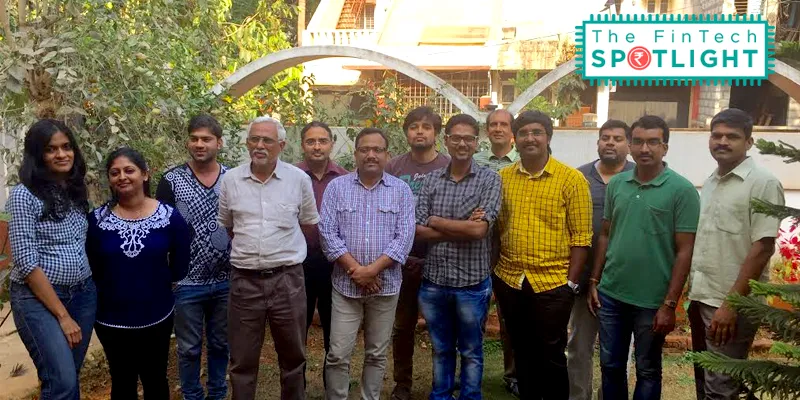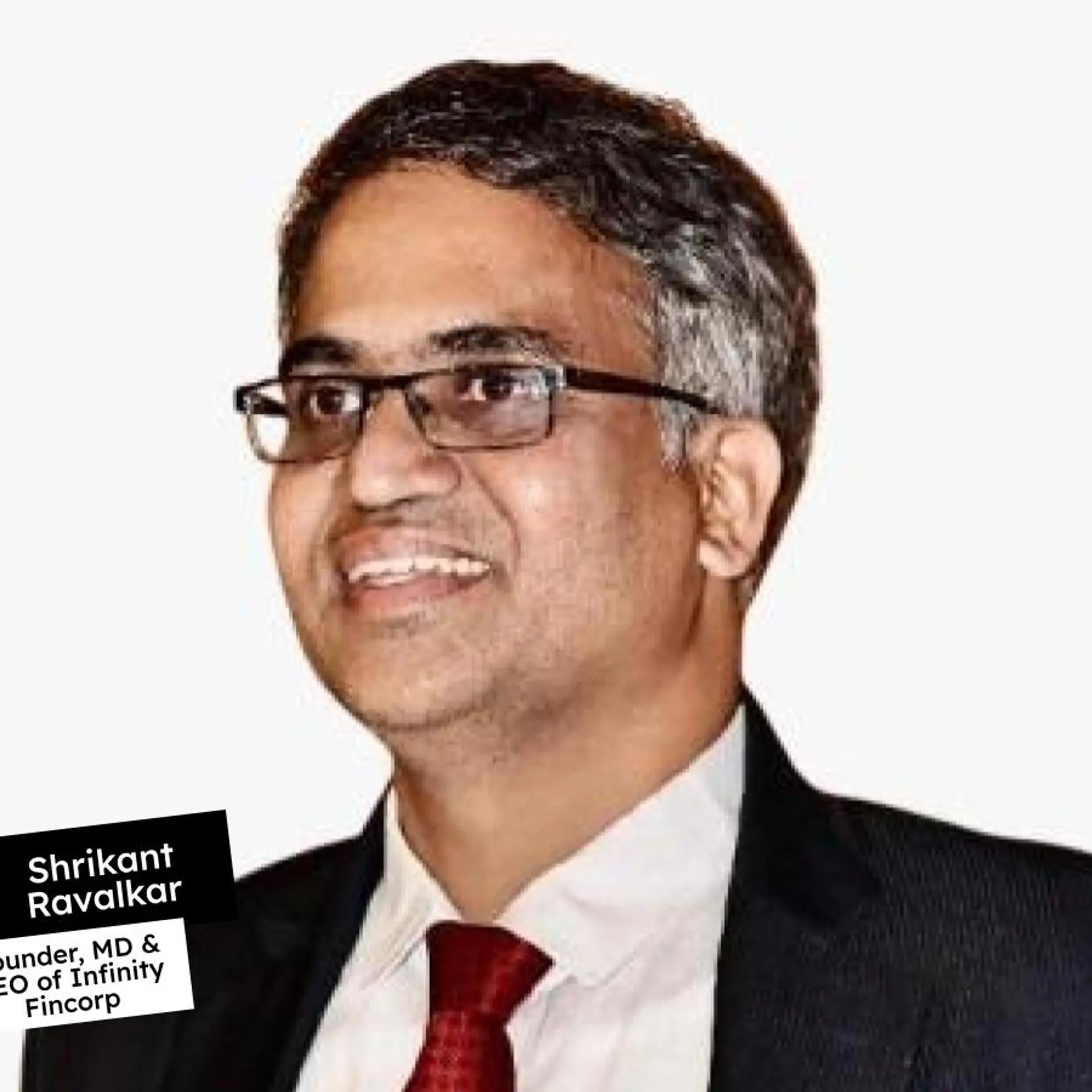Tech and banking veterans start FonePaisa, the only omni-channel payment platform
Eighteen months ago, Sharad Hegde, C S Prasad and Ritesh Agarwal, met after a common friend brought them together to discuss the prospects of having a mobile-based payment solution that was agnostic of all electronic wallets in the country. In 2014 there were more than 15 payment solutions companies, and each was going after the kirana infrastructure. This system was neither helping the mom-and-pop stores nor was it solving the consumers' need for easy payments at their favourite retail stores. There was a multitude of commissions that the kirana had to track, and these solutions were not making the consumer stick.
Therefore, the trio, with a combined experience of 100 years behind them, decided to focus on making smartphone payments easier. “Sharad and Prasad knew exactly what I was saying, which was mostly about the evolution of payments through phones,” says Ritesh, who is the CEO of FonePaisa. He adds that their team was the best combination of engineering and business prowess.
According to PricewaterhouseCoopers, the mobile payments industry is a $3-billion business today. The National Payments Council of India (NPCI) – which launched the Unified Payments Interface for all retail payments – says that the digital payments industry is going to grow at more than 100 percent till 2020. Mobile-based retail payments could be close to $10 billion by that period.

The making of FonePaisa
The trio form a group of superstars of sorts. Sharad was the first employee of Infosys, in 1981, and Prasad was heading Finacle’s (Infosys' most successful software product) engineering and product units, while Ritesh was an ex-banker who also sold technology to banks. This combination of sales and technology experience has opened doors to corporate and retail stores alike for this startup.
The technology is no different from PayTM or Freecharge but for it being a layer on top of them. It functions as a pipe that allows the flow of digital money from consumer to merchant or any business after having integrated digital wallets. It ties up with payment gateway companies, which form the link between digital wallets and banks, to create a wrapper around all payment interfaces, to make transactions easier for the consumer.
FonePaisa is a closed-loop wallet because it does not hold any currency in its wallet. This is a different digital wallet when compared to PayTM or FreeCharge, where consumers can load money in them and are termed as prepaid wallets. The business case of FonePaisa is simple; since not all merchants would accept digital wallets they will integrate merchants to accept payments from any prepaid instrument in the country. By doing so its technology and app becomes the single payment platform instead of the consumer downloading several payments apps. “We are the bridge between the offline and the online world. Most of the payment companies are yet to figure out their online-to-offline play and have not been able to aggregate many merchants,” says Ritesh Agarwal.
The business model
Go to any suburb in Bengaluru and you will find a kirana or restaurant offering payment through a digital wallet. The problem is they are hounded by several digital wallet companies and their sales teams. If FonePaisa can get several merchants on their platform then the consumer can pay through any wallet. The business model is based on the volume of the transactions closed with the kirana, where a small percentage is charged by FonePaisa. The startup settles money between the ecosystem, which is the PPI (PayTM, Mobikwik and Freecharge), payment gateways, credit card companies and banks. This is just the business to consumer (B2C) business model.
FonePaisa has a B2B business model too. In this case they become the settlement and reconciliation platform between a consumer goods company and their retail ecosystem. The solution is simple; they aggregate all payment transactions from the consumer goods company and the 10,000 merchants based on their credit cycle. This enables the consumer goods company to on-board their merchants to digital transactions and track product data on a regular basis. Currently, FonePaisa is focussed on the B2C model and has aggregated over 150 stores. The company did not want to disclose its revenues.
FonePaisa is the only omni-channel payment platform today. It works across all devices and form factors, ranging from desktops (browser-driven) to a Nokia 3310. The founders say their technology is built in-house with a highly scalable and robust payment engine that has completed the RBI-mandated vulnerability assessment and penetration testing without a single adverse observation.
While FreeCharge and PayTM are competition to FonePaisa, they can also be its partners. The digital payments ecosystem will morph into smartphones and there will be several payment mechanisms enabled because of the UPI. Wallets will disappear and those who can access merchants will become relevant. FonePaisa has the team to do it, only time will tell if they can scale up and become a sustainable business.







